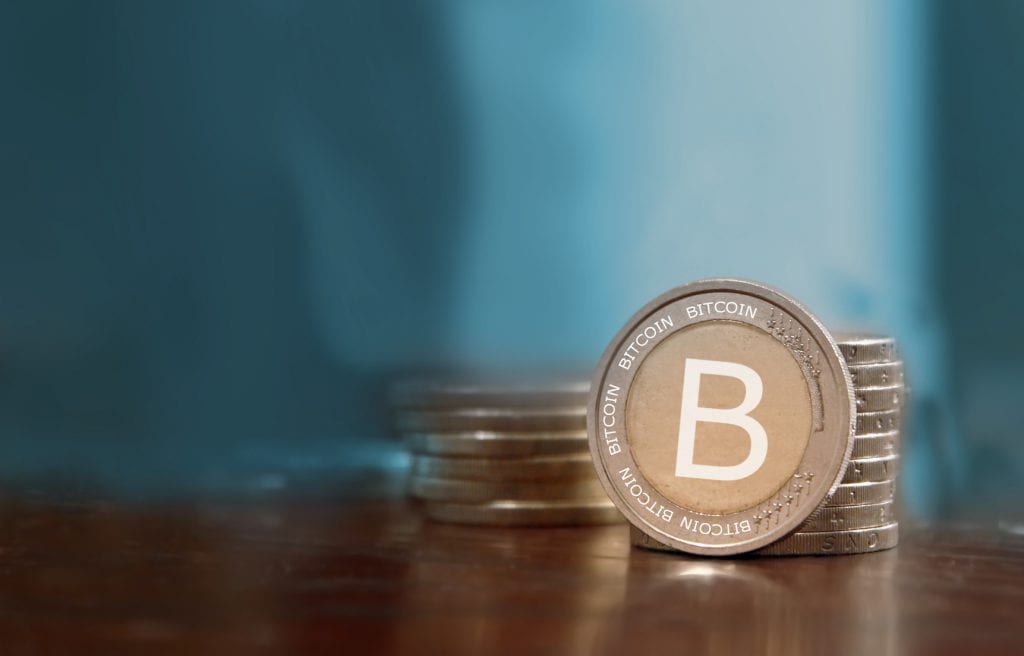A little over a hundred years ago, the claim that a metal tube with stationary wings could fly halfway around the world would have been called a fraud by many. Yet the Wright brothers took the first step to make this seemingly impossible idea a reality.
Several weeks ago, Jamie Dimon made a big splash and ruffled some feathers by pronouncing Bitcoin “a fraud.” The reality, however, is that Bitcoin has an immense value proposition: Indeed, cryptocurrency will revolutionize the world order as much as, if not more than, air travel did nearly a century ago.
There are a number of passionate opinions on the cryptocurrency ecosystem. Bitcoin in particular has been dismissed as a fraud and a Ponzi scheme, while at the same time lauded as the greatest financial invention in the last century. Its past association with dark markets and the high volatility of the exchange rates intrigues and mystifies the general public as to the nature and possibilities of cryptocurrencies, as well as the risks.
While Bitcoin’s value has been volatile, in general it has risen steadily. Bitcoin old timers know that there are a lot of people who hold most of their wealth strictly in crypto. When there is weakness in price, they look at it as an opportunity to convert more of their holdings away from fiat.
The legacy market participants struggle to understand why this is so. What gives confidence to bitcoin holders to ride out a 70% down move without breaking a sweat? Why do most people in crypto prefer to invest in the wild west of ICOs instead of the regulated stable legacy markets?
The answer is simply that the crypto-economy has a far greater value proposition than any legacy market. The ability of a third party to delay, censor, or monitor your transactions is a risk, and removal of any risk is an automatic increase in confidence. Risk is also a form of cost and the crypto ecosystem by that definition is always cheaper, safer, and more efficient.
Anyone who understands this value proposition understands the value differential between the legacy and crypto ecosystem is not just large, but precipitously large, which results in an unprecedented economic pressure that will rapidly move capital from legacy systems to cryptosystem. For now, this is slowed by the rather cumbersome UX of using crypto. Once that’s addressed, the dam will break.
Builders of economic systems in crypto have been the winners since 2009 in fortune and their stature among their peers. The early adopters of this new economy will continue to reap rich rewards as it further develops and matures.
